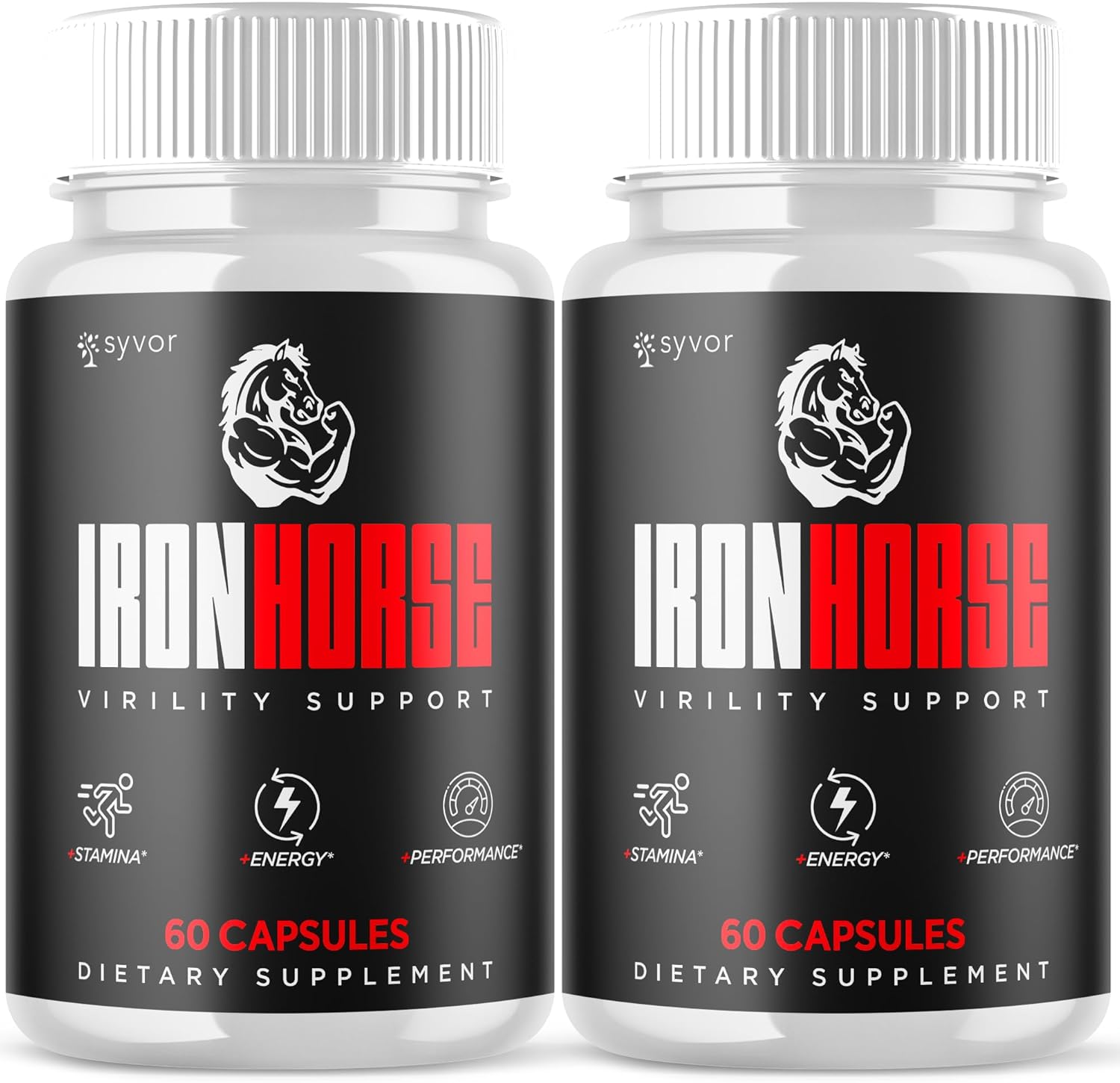
Check out our latest products
Support your aging dog or cat with targeted supplements that promote joint health, digestion, cognitive function, and overall vitality — helping them stay happy and active in their golden years.
As our beloved dogs and cats get older, their health needs change and evolve. A nutritious diet, regular exercise, and veterinary care form the foundation of wellness. Supplements can add an extra layer of support, especially as animals age.
Thoughtfully chosen supplements can ease age-related challenges and boost vitality. With the right support, your pet can comfortably enjoy their golden years. This article highlights supplements to help dogs and cats live longer. We’ll cover vitamins, antioxidants, joint support, Omega-3s, and probiotics.
Common focus areas for supplements include overall wellness, joint support, digestive health, and addressing vitamin or mineral deficiencies. To simplify the world of supplements, let’s explore how they can address these specific needs.
1. Joint support: keep older dogs and cats active
Years of joyful romping put wear and tear on your best friend’s joints. As dogs and cats age, joint health becomes especially important. Supplements can play a major role in keeping them mobile and active.
According to research published in the American Journal of Traditional Chinese Veterinary Medicine, “Chinese herbal medicine serves as a complementary option to acupuncture, promoting overall joint health. Nutraceuticals, such as glucosamine and Omega-3 fatty acids, may also contribute positively to joint health.”
Manufacturers formulate joint supplements with glucosamine, chondroitin, green-lipped mussel, and MSM to rebuild cartilage, reduce inflammation, and improve mobility.
“Omega-3 fatty acids, well-known for their anti-inflammatory properties, also ease joint stiffness in pets with arthritis,” says veterinarian Dr. Berkcan Yanar. “Combined with glucosamine and chondroitin, these supplements help preserve mobility and alleviate discomfort.”
Format
You’ll find joint supplements for animals in various forms like chews, powders, and liquids. Premium brands often charge more because they include higher concentrations or extra ingredients like hyaluronic acid.
Considerations
Your animal may experience mild digestive upset when starting a joint supplement. Always follow proper dosage instructions and consult your vet, especially if your dog or cat is on medications.
2. Omega-3s: offer support for overall health
Omega-3 fatty acids are celebrated for their wide-ranging benefits, from promoting a shiny coat to reducing inflammation. They support the skin, joints, heart and even cognitive health.
“DHA is particularly beneficial for brain and eye function in senior pets, while EPA helps reduce allergies and inflammation,” notes Dr. Yanar.
Format
You can buy Omega-3s in various forms, including liquids, capsules, and infused treats. Companies charge more for sustainably sourced, highly purified Omega-3s, but these options offer better quality.
Considerations
Excessive doses may cause mild issues like soft stools or a fishy odor. In rare caes, they may affect blood clotting. A quality product is crucial. Rancid oils don’t just lose effectiveness — they can actually harm your dog or cat’s health.
3. Good gut health: probiotics and prebiotics
A healthy gut is fundamental to overall wellness, influencing digestion, immunity, and even mood. Probiotics contain live bacteria to maintain gut balance, while prebiotics nourish these beneficial bacteria. These supplements can relieve diarrhea, constipation or stress-related digestive issues.
Format
Manufacturers typically sell probiotics in powders, capsules, or chews. They set prices based on the number of strains and the CFU count in the product. Some formulations include both probiotics and prebiotics for added benefits.
Considerations
Some animals may experience minor bloating as their guts adjust. Follow storage instructions carefully, since mishandling can reduce the effectiveness of live strains.
4. Vitamins, minerals and antioxidants: broad-spectrum wellness
While high-quality diets often cover most nutritional needs, senior dogs and cats or those with specific health concerns may benefit from targeted supplementation.
Vitamins E and C, both antioxidants, help combat oxidative stress and slow cellular aging and degeneration. Multivitamins offer a broad-spectrum boost of essential nutrients. They’re especially helpful for animals that have poor appetites or trouble absorbing nutrients.
Format
You can find vitamins, minerals, and antioxidants in tablets, chews, or powders. Higher-quality blends typically come with a higher price tag. Your vet can recommend the brands they believe are most effective.
Considerations
Avoid over-supplementing with fat-soluble vitamins (A, D, E, and K), since they can build up to toxic levels. Review your dog or cat’s diet with your vet to prevent duplicating nutrients and identify potential allergens.
Boost your dog or cat’s longevity with smart supplement choices
Dietary supplements don’t replace a balanced diet, regular exercise, or routine vet care. Still, they offer valuable support for your aging dog or cat’s well-being. By thoughtfully integrating supplements to help dogs and cats live longer, you’re adding years to their life while enriching those years with vitality and joy.
A little extra care today can result in more cherished moments tomorrow. Always consult your vet (see sidebar on page xx) to ensure you’re making the right supplement choices for your four-footed friend’s golden years.
Why supplements matter for aging animals
Like humans, dogs and cats can benefit from supplements designed to address nutritional gaps or declining organ function.
“Dogs and cats face challenges as they age, such as a reduced ability to regulate inflammation or maintain musculoskeletal health,” says veterinarian and herbal medicine expert, Dr. Jenelle Kim. “Supplements with ingredients such as astragalus, turmeric and MSM can support graceful aging and vitality.”
The golden rule: always consult your vet
While the potential benefits of supplements for your aging dog or cat are exciting, a veterinarian’s input should always guide your decisions.
“Each pet’s needs are unique, influenced by factors like breed, medical history, and current medications,” says Dr. Yanar. “A tailored supplement plan ensures the benefits outweigh the risks.”
Your vet can help you:
- Identify needs: Determine if symptoms, such as stiffness, are age-related or indicate a deeper issue.
- Select reputable products: Not all brands are equal. Your vet can recommend those with proven safety and efficacy.
- Customize dosages: Too much or too little of a supplement can be ineffective or harmful.
- Monitor for interactions: Avoid adverse effects with medications or existing conditions. `
Post Views: 23
Christine Caplan is a Certified Vet Tech, and a long-time PR veteran and content marketing expert who brings her unique understanding of social and digital media to connect dog lovers to brands both on and offline. She lives with three hounds – two “doxies” and a beagle/basset hound mix – who constantly teach her about life and companionship (mylifewithdogspdx.com).



![[PETHROOM] Cat Nail Clipper Trimmer for Indoor Cats with Circular Cut Hole (2mm) | Premium Sturdy Stainless Steel Blade Cat Claw | Safe, Easy, Accurate, Quiet & Fast | Avoid Overcutting](https://m.media-amazon.com/images/I/6156hi88deL._AC_SL1298_.jpg)
![[PETHROOM] Professional Eye Comb for Pets | Stainless Steel Tear Stain Remover for Cats & Dogs | Gentle Round-Head Grooming Tool | Compact & Portable for Eye Gunk Removal](https://m.media-amazon.com/images/I/71+W758uwXL._SL1500_.jpg)









